My newest buddy is plastic
greedygh0st
11 years ago
Related Stories
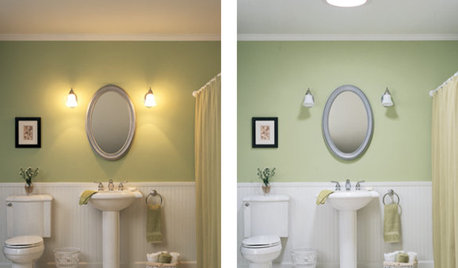
REMODELING GUIDESTubular Daylighting Devices Bring In Natural Light
More advanced and less pricey than traditional skylights, TDDs are the most modern way to let the light in
Full Story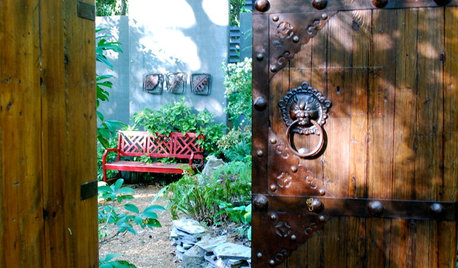
LANDSCAPE DESIGNExplore Your Garden Personality: The Collector
Abundant in plants, art or even oddball items? These principles can help you make sense of them in the landscape
Full Story
TASTEMAKERSPro Chefs Dish on Kitchens: Michael Symon Shares His Tastes
What does an Iron Chef go for in kitchen layout, appliances and lighting? Find out here
Full Story
DECORATING GUIDESTop Design Trends From the Winter 2015 Las Vegas Market
Interior designer Shannon Ggem is tracking finishes, motifs and design combinations at the 2015 show
Full Story
LIFEThe Moving-Day Survival Kit: Lifesaving Items and Niceties
Gather these must-haves in advance for a smooth move and more comfortable first days in your new home
Full Story
KITCHEN DESIGNHouzz Call: Tell Us About Your First Kitchen
Great or godforsaken? Ragtag or refined? We want to hear about your younger self’s cooking space
Full Story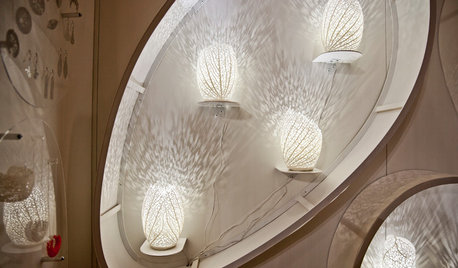
TASTEMAKERS3D Printing Takes Furnishings to New Heights at ICFF 2013
See how three-dimensional printing, laser cutting and other innovative technologies are changing the face of furnishings
Full Story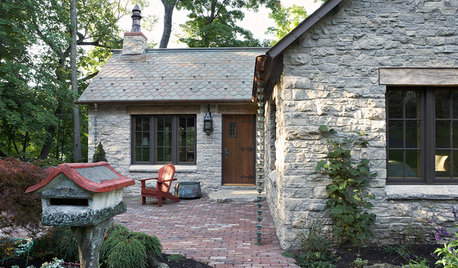
GREEN BUILDINGHouzz Call: What Have You Salvaged for Home Use?
If your floors, furniture, exterior materials or other home elements have a past life, we'd like to hear the story
Full Story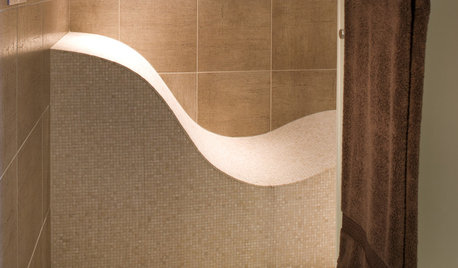
REMODELING GUIDESTop 10 Tips for Choosing Shower Tile
Slip resistance, curves and even the mineral content of your water all affect which tile is best for your shower
Full Story






penfold2
Denise
Related Professionals
Belmont Landscape Architects & Landscape Designers · Salisbury Landscape Architects & Landscape Designers · Gainesville Landscape Contractors · Brockton Landscape Contractors · East Chicago Landscape Contractors · Lakewood Landscape Contractors · Little Ferry Landscape Contractors · Longview Landscape Contractors · Rockland Landscape Contractors · The Woodlands Landscape Contractors · Tigard Landscape Contractors · Twin Falls Landscape Contractors · University City Landscape Contractors · New Carrollton Landscape Contractors · Mount Vernon Driveway Installation & MaintenancePaphia
ohmybloomers
penfold2
greedygh0stOriginal Author